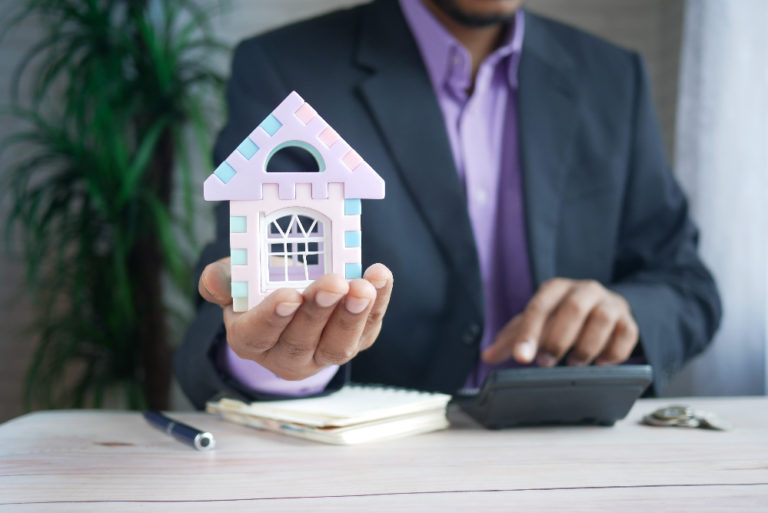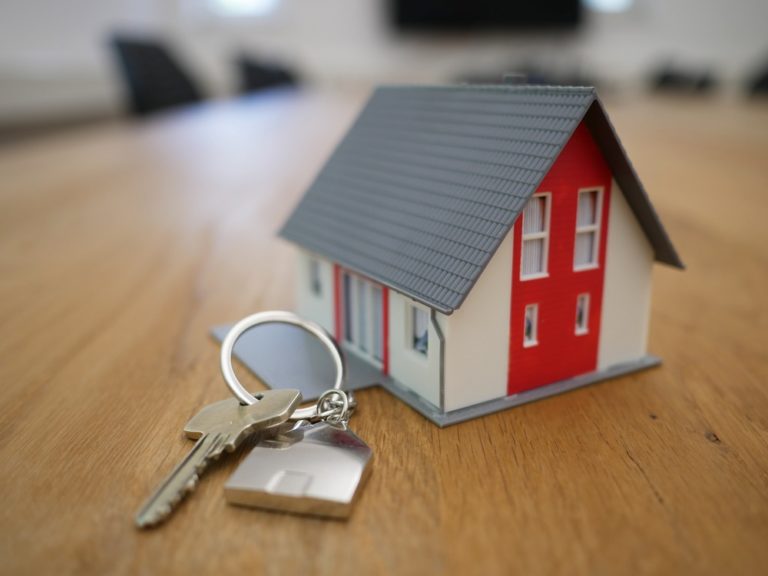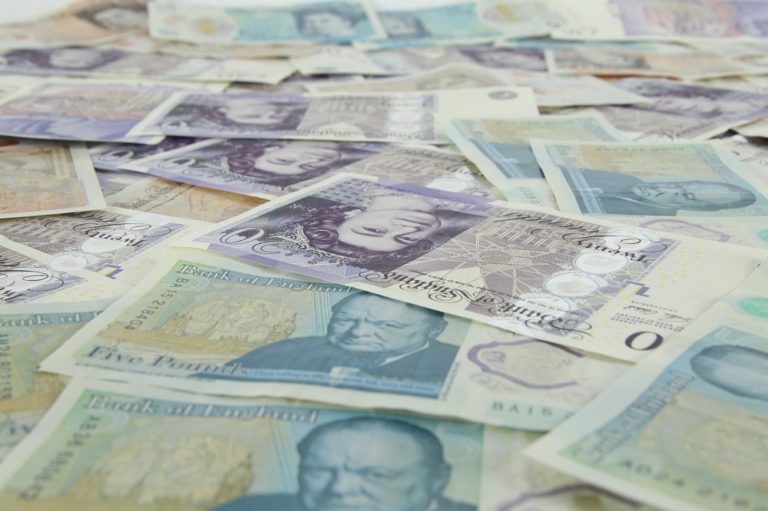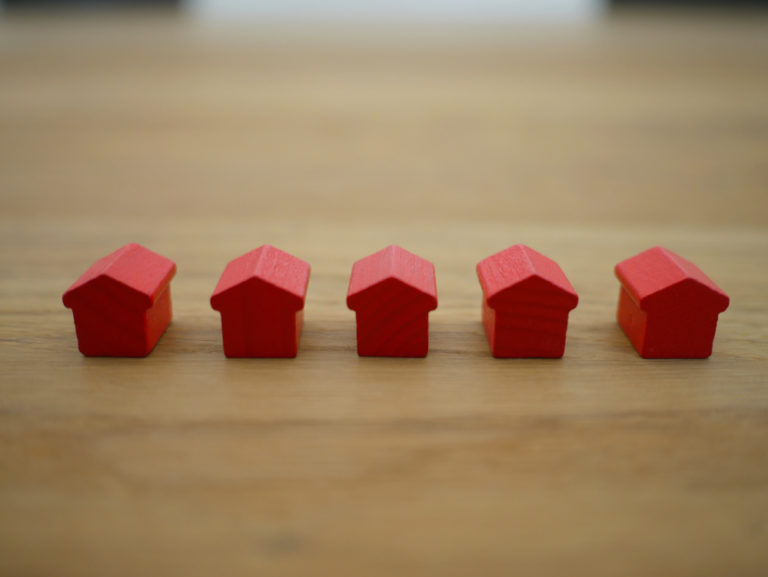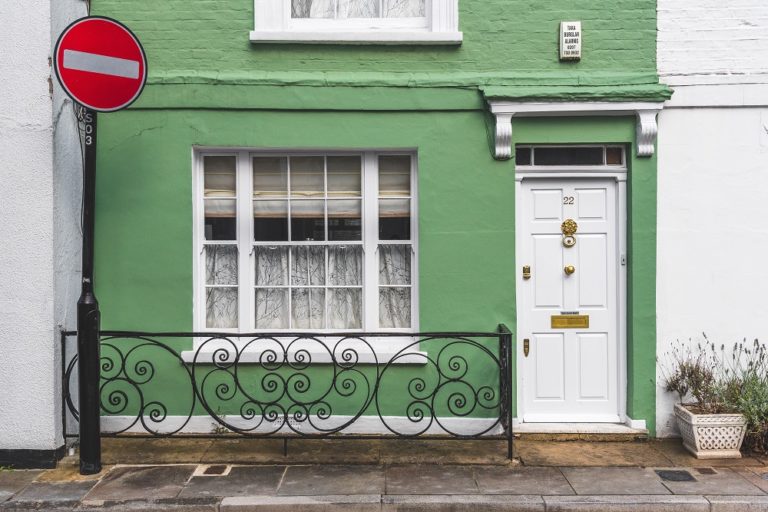Property lease extensions are now cheaper and easier
There’s good news for leasehold homeowners – a major government reform means that it’ll now be cheaper and easier to extend the lease on your property.
Leaseholders basically only own the property and not the land it’s built on. They usually pay an annual ground rent to the freeholder, and must also pay a fee if they want to extend their lease.
Previously, owners of a leasehold house could only extend their lease once, for 50 years, and the extension may cause them to move to a lease contract with a higher ground rent.
Owners of flats are able to extend their leases for a fee for an unlimited number of times, but only for 90 years at a time.
Depending on the terms of the lease contract, the fees can become prohibitively high over time and can make it difficult for homeowners to sell their property or even get a mortgage.
But now, leaseholders can extend their lease by a maximum term of 990 years and pay zero ground rent when they do so – they still have to pay to extend the lease obviously.
The cost of extending the lease is expected to be cheaper too.
The government thinks this will save some homeowners thousands or even tens of thousand of pounds, with as many as 4.5 million leaseholders affected.
Even more changes could be on the way – the government is also establishing a Commonhold Council to help more leaseholders to transition to the commonhold model. It will mainly affect owners of flats.
Under the model, leaseholders can buy the freehold and jointly own and manage the building and the land, which in turn gives them greater control and potentially helps them save money too.


